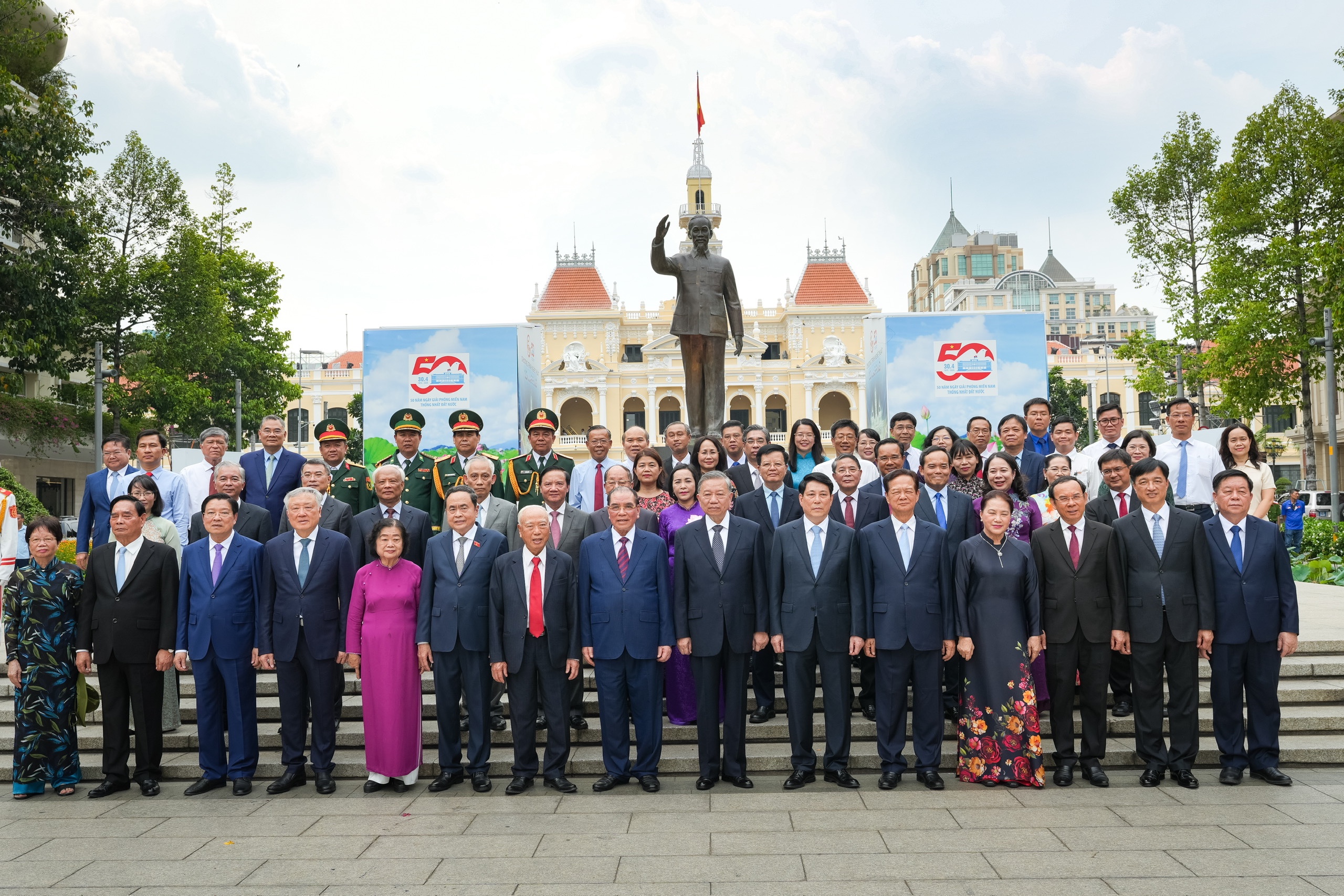For the first time, the average global temperature on November 17 was 2 degrees Celsius warmer than pre-industrial times, according to preliminary data shared on X by Samantha Burgess, deputy director of the Europe-based Copernicus Climate Change Service.

Photo: Reuters
The threshold was only crossed temporarily and does not mean the world is on course for permanent warming above 2 degrees. “Our best estimate is that this is the first day that global temperatures were 2°C above 1850-1900 (or pre-industrial) levels, at 2.06°C,” Burgess wrote.
Global temperatures on November 17 were 1.17 degrees Celsius (2.7 degrees Fahrenheit) above the 1991-2020 average, making it the warmest November 17 on record, Burgess said in her post. But compared to pre-industrial times, before humans began burning fossil fuels on a large scale and altering the Earth’s natural climate, temperatures were 2.06 degrees Celsius (4.6 degrees Fahrenheit) warmer.
The 2C crossing on 17 November comes two weeks before the start of the UN COP28 climate conference in Dubai, where countries will assess their progress towards the Paris Climate Agreement pledge to limit global warming to 2 degrees above pre-industrial levels.
Burgess told CNN that a single day above 2 degrees “does not mean that the Paris Agreement has been breached,” “but we can expect more days above that mark in the coming months and years.”
Copernicus' data is preliminary and will take weeks to be confirmed by actual observations.
Trung Kien (according to Reuters)
Source



![[Photo] Party and State leaders commemorate Uncle Ho in Ho Chi Minh City](https://vstatic.vietnam.vn/vietnam/resource/IMAGE/2025/4/29/af98c337ab8b4d709c4391d877642b4a)
![[Photo] Special supplement of Nhan Dan Newspaper reaches readers in the south](https://vstatic.vietnam.vn/vietnam/resource/IMAGE/2025/4/29/cbaf889a1edf4201b172de308c84dfab)






























































































Comment (0)